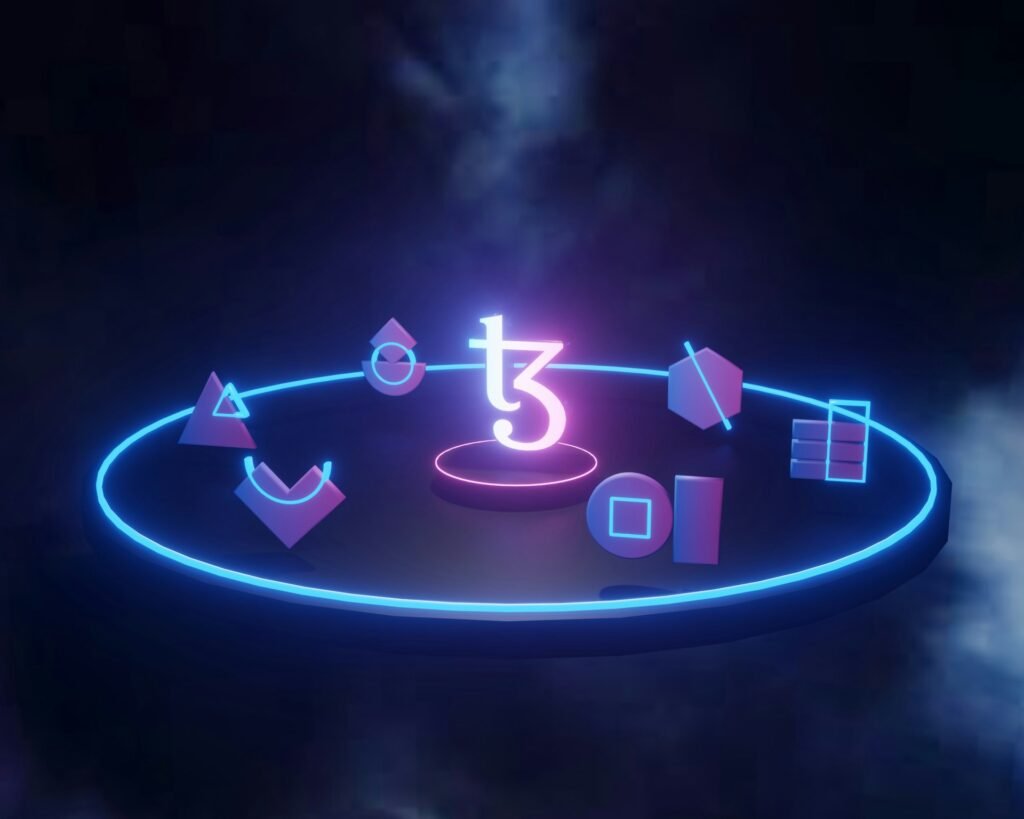
Introduction
In the rapidly evolving landscape of blockchain technology, smart contracts have emerged as a revolutionary concept that is changing the way agreements and transactions are executed. This blog post delves into the intricacies of smart contracts, their functionality, benefits, challenges, and real-world applications.
What are Smart Contracts?
A smart contract is a self-executing contract with the terms of the agreement directly written into lines of code. They run on blockchain networks, which provide a decentralized and transparent environment for executing contracts without the need for intermediaries. The code and the agreements contained within exist across a distributed network, enhancing security and trust.
Key Characteristics of Smart Contracts
- Automation: Smart contracts automatically execute actions once predetermined conditions are met, reducing the need for manual intervention.
- Transparency: All participants in the blockchain network can see the contract terms and transactions, ensuring transparency and accountability.
- Security: The decentralized nature of blockchain makes smart contracts less susceptible to hacking and fraud.
- Cost Efficiency: By eliminating intermediaries, smart contracts can significantly reduce transaction costs.
- Immutability: Once deployed, the contract code cannot be altered, ensuring that the terms remain unchanged.
How Smart Contracts Work
Smart contracts operate through a series of steps:
- Creation: The contract is written in code and deployed on a blockchain network like Ethereum.
- Execution: When the conditions encoded in the contract are met, the contract automatically executes the agreed actions.
- Verification: The results are verified by the network participants, ensuring that the contract was executed as intended.
- Completion: Once executed, the outcomes are recorded on the blockchain, providing an unalterable record of the transaction.
Benefits of Smart Contracts
- Increased Efficiency: Automation speeds up processes that traditionally require manual input, reducing time and effort.
- Reduced Costs: By cutting out middlemen like lawyers and banks, smart contracts lower transaction costs.
- Enhanced Security: The cryptographic nature of blockchains provides robust security against fraud and unauthorized alterations.
- Accuracy and Trust: The precise execution of terms eliminates misunderstandings and builds trust among parties.
- Global Accessibility: Smart contracts can be accessed and executed from anywhere in the world, broadening participation and opportunities.
Challenges and Limitations
Despite their numerous advantages, smart contracts face several challenges:
- Complexity of Code: Writing smart contracts requires a high level of technical expertise, and errors in the code can lead to vulnerabilities.
- Legal Recognition: The legal status of smart contracts varies by jurisdiction, and their enforceability in courts is still being determined.
- Scalability Issues: Many blockchain networks face scalability challenges, which can slow down the execution of smart contracts during high demand.
- Integration with Legacy Systems: Businesses may struggle to integrate smart contracts with existing systems, leading to potential operational disruptions.
- Security Concerns: While blockchains are secure, smart contracts themselves can be vulnerable to bugs and exploits, necessitating thorough audits.
Real-World Applications of Smart Contracts
Smart contracts are being utilized in various industries, showcasing their versatility:
- Finance: Decentralized finance (DeFi) platforms use smart contracts for lending, borrowing, and trading without intermediaries.
- Supply Chain Management: Smart contracts can track goods as they move through the supply chain, ensuring transparency and accountability.
- Real Estate: They streamline property transactions by automating escrow processes and title transfers.
- Insurance: Smart contracts can automate claims processing, ensuring that claims are paid out promptly when conditions are met.
- Voting systems can enhance the security and transparency of voting processes, thereby reducing the risk of fraud.
Certainly! Here are some real-world examples of smart contracts in action across various industries:
1. Decentralized Finance (DeFi)
- Lending and Borrowing Platforms: Protocols like Aave and Compound use smart contracts to facilitate lending and borrowing without intermediaries. Users deposit cryptocurrencies into liquidity pools, and smart contracts manage the lending process, interest rates, and collateral automatically.
2. Supply Chain Management
- IBM Food Trust: This platform uses smart contracts to enhance transparency in the food supply chain. Each step of the food’s journey, from farm to table, is recorded on the blockchain. Smart contracts can automatically trigger actions, such as payments to suppliers, when goods reach specific checkpoints.
3. Real Estate Transactions
- Propy: Propy utilizes smart contracts to simplify real estate transactions. When a buyer and seller agree on the terms, a smart contract is created. It automatically manages the escrow process, title transfer, and payment, streamlining what is usually a lengthy and complicated process.
4. Insurance Claims Processing
- Etherisc: This platform offers decentralized insurance products, such as flight delay insurance. Smart contracts automatically process claims by checking flight data via oracles. If a flight is delayed, the smart contract executes and pays out the claim without requiring manual intervention.
5. Identity Verification
- Civic: Civic uses smart contracts to manage identity verification. Users can store their identity information securely on the blockchain, and smart contracts facilitate secure sharing of this information with third parties, ensuring privacy and reducing the risk of identity theft.
6. Voting Systems
- Follow My Vote: This platform aims to create a secure and transparent voting system using smart contracts. Voters can cast their votes anonymously, and the smart contract ensures that each vote is counted only once, reducing the risk of fraud and enhancing trust in the electoral process.
7. Royalty Payments in Creative Industries
- Audius: Audius is a decentralized music streaming platform that uses smart contracts to ensure artists receive fair compensation for their work. Smart contracts automatically distribute royalty payments to artists whenever their music is streamed, ensuring transparency and reducing intermediary costs.
8. Gaming and Non-Fungible Tokens (NFTs)
- Axie Infinity: This blockchain-based game uses smart contracts to manage in-game assets and transactions. Players can buy, sell, and trade their digital pets (Axies) using smart contracts, ensuring ownership and authenticity of each asset.
9. Charity and Crowdfunding
- Gitcoin: Gitcoin uses smart contracts to facilitate donations and crowdfunding for open-source projects. Donors can specify conditions for their contributions, and smart contracts automatically release funds when those conditions are met, ensuring transparency in how donations are used.
10. Supply Chain Financing
- VeChain: VeChain employs smart contracts to provide transparency and traceability in supply chains. Businesses can access financing based on real-time data verified through smart contracts, enabling better cash flow management and reducing risks.
These examples illustrate the diverse applications of smart contracts across various industries, showcasing their potential to streamline processes, enhance transparency, and reduce costs. As the technology continues to evolve, we can expect to see even more innovative uses of smart contracts in the future.
Conclusion
Smart contracts represent a transformative shift in how agreements are made and executed. Their ability to automate processes, enhance security, and reduce costs makes them a compelling solution for various industries. However, as with any emerging technology, it is essential to address the challenges and limitations to realize their potential fully. As the understanding and adoption of smart contracts continue to grow, they are poised to redefine the future of transactions and agreements.
At Light House Streak, we streak the lines.
